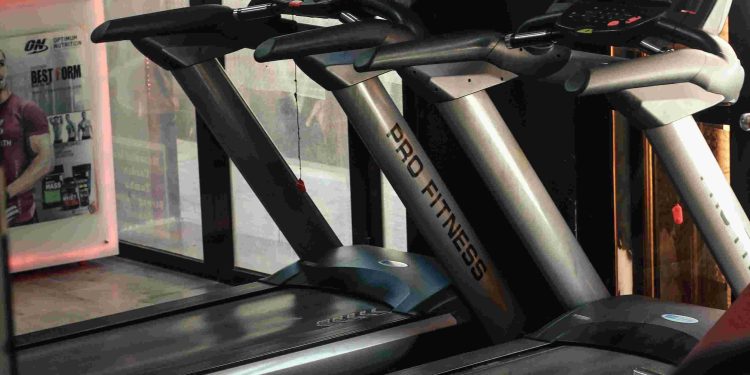Comprehensive Exercise Guide for Beginners
Get up. Move forward. Transform. These three words encapsulate the essence of a journey toward physical and mental empowerment—yet the road to change is often paved with misunderstanding and outdated advice.
When I first decided to embark on a fitness journey, I was bombarded with conflicting advice: ‘Cardio is king,’ ‘Weightlifting is the only path to health,’ or worse, ‘Exercise only if you’re aiming to lose weight.’ These simplistic viewpoints often ignore the complexity of integrating wellness into our lives. Exercise isn’t merely a physical endeavor; it’s a comprehensive practice that permeates psychology, philosophy, and even technology.
Questioning the Status Quo
It’s time to challenge a pervasive myth: there is no singular ‘best’ workout for beginners. The reality is far more personalized. Science supports the idea that physical movement—whether it’s yoga, jogging, or resistance training—should align with your individual psychological and physiological needs. A 2021 study published in the Journal of Behavioral Medicine emphasizes the importance of intrinsic motivation in sustaining a workout routine. Exercise doesn’t need to feel like an obligation; it needs to feel like a choice.
From Fitness to Philosophy
If exercise is primarily seen as physical effort, we’re missing its philosophical depth. Consider the ancient Greek idea of ‘eudaimonia,’ which is often translated as ‘human flourishing.’ Exercise represents an active way of striving for betterment, an embodiment of ‘eudaimonia.’ As we push against the limits of our bodies, we also train our minds to overcome resistance—the same resistance we face in professional, academic, and social arenas.
Picture Your Future Self
Imagine a society where personalized, adaptive fitness regimens are accessible to everyone. Fitness wearables like Fitbit and Apple Watch are already creating data-driven solutions, but the future holds even greater promise. AI-powered apps may offer real-time adjustments to routines based on your sleep, stress levels, and muscular feedback. Fitness, as a domain, is becoming an intersection of human psychology and machine learning, illustrating the profound depth it can contribute to our lives.
Practical Guidelines for Beginners
Beginners often feel overwhelmed by the sheer number of options available. Here’s how to cut through the noise:
-
Start Small:
Commit to 15 minutes per day and gradually build up. Consistency outweighs intensity in early phases. -
Combine Strength and Cardio:
Integrate basic strength exercises like squats and push-ups with light jogging or brisk walking. -
Track Progress:
Use a notebook, app, or wearable to monitor growth. Small wins generate lasting motivation. -
Make It Personal:
Choose exercises that resonate with your interests. Hate running? Dance or swim instead.
Cross-Disciplinary Insights
Beyond its physical benefits, exercise is a cornerstone for neuroplasticity—the brain’s ability to adapt and reorganize. According to neuroscientist Dr. Wendy Suzuki, physical activity boosts memory and mood while reducing stress, qualities essential in today’s fast-paced professional environments. Philosophically speaking, training your body is akin to practicing self-discipline: what starts in the gym extends to your boardroom decisions, academic focus, and interpersonal relationships.
A Call to Action
Don’t wait to begin. The greatest regret isn’t failing at exercise; it’s never starting. Embrace the discomfort as it molds you into a sharper, stronger version of yourself—one capable of facing life’s challenges with resilience and grace. Exercise is more than just a beginner’s hobby; it’s the foundation for lifelong self-mastery.















Discussion about this post